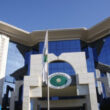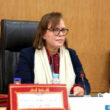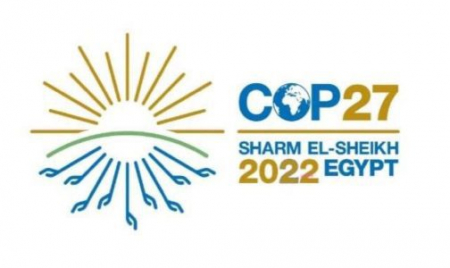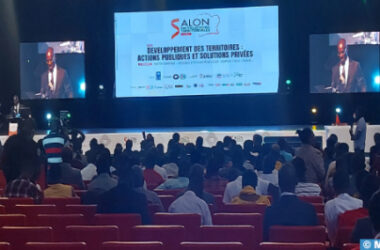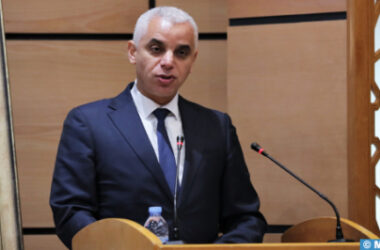This agreement, signed by Leila Benali, Minister of Energy Transition and Sustainable Development, and her counterpart Yasmine Fouad, Egyptian Minister of Environment, stems from the conviction of both countries in the need to intensify efforts at the national and Arab levels to protect the environment and their awareness of similar environmental challenges in both countries.
The agreement takes into consideration recent developments in this field at the national and international levels, and revolves around the implementation of cooperation activities through several mechanisms.
These include the exchange of experiences and information, access to environmental strategies and policies in both countries, and the encouragement of partnerships at the level of technical experts and between all parties working in the field of environmental protection in both countries.
The said agreement also includes the implementation of joint environmental studies and projects, as well as the coordination of positions between the two countries through the presence, participation and exchange of views at the meetings of the League of Arab States, the United Nations Environment Assembly and other official and unofficial international organizations.
It covers several areas, including the institutional and legislative framework for environment and sustainable development, environmental assessment of projects, climate change adaptation and mitigation, renewable energy development, integrated coastal zone management, marine pollution control, and integrated management of trans-boundary solid and hazardous waste.
In addition, it provides for cooperation in the field of integrated management of natural reserves, biodiversity conservation and ecosystem rehabilitation, environmental planning for sustainable development of urban and rural areas, environmental indicators, sustainable development, environmental education, modern technologies, environmental innovation, and green economies.
Morocco and Egypt maintain distinguished relations at all political, economic, cultural and media levels, characterized by continuous understanding and coordination on issues of joint national, regional and international action, in order to make international relations serve stability and development in both countries.


